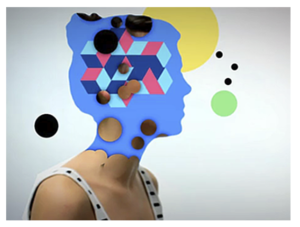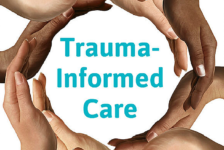 The Rural Health Network of South Central New York was one of three agencies in the state awarded AmeriCorps funding to combat opioid misuse, and the only one focusing on rural communities. They have a creative and complex outreach and education program using Rural Health Service Corps members placed at community organizations in five primary counties and seven secondary counties.
The Rural Health Network of South Central New York was one of three agencies in the state awarded AmeriCorps funding to combat opioid misuse, and the only one focusing on rural communities. They have a creative and complex outreach and education program using Rural Health Service Corps members placed at community organizations in five primary counties and seven secondary counties.
The team has been trained using the evidence-based Screening, Brief Intervention and Referral to Treatment (SBIRT) curriculum approved by SAMSHA and HRSA. Rural Health Service Corps members combat the opioid/heroin epidemic through prevention, treatment navigation, and recovery support in alignment with the NYS Heroin Task Force report. This program has already provided educational presentations to hundreds of students in rural schools and adults in community settings. The grant also supports life-saving Naloxone training.
Treating the Whole Person – an integrated approach to Mental Health

Primary care providers have referred people with severe and persistent psychiatric conditions to mental health specialists for decades. The
number of people with these types of conditions has remained relatively stable at 6-8%. We now know that anxiety and depression are relatively common, with 20-26% of the population experiencing some form of mental health condition. For too long, 15-20% of patients with mental health challenges, but who didn’t really need a mental health program, got nothing.
 Hudson Headwaters Health Network is changing this through a cultural shift in their primary care practices called Whole Person Care. Now, everyone is routinely screened for depression and substance use. Social Workers and Psychiatric Nurse Practitioners are located in the primary care settings. They provide both interdisciplinary consultation with the primary care staff and see patients who are referred
Hudson Headwaters Health Network is changing this through a cultural shift in their primary care practices called Whole Person Care. Now, everyone is routinely screened for depression and substance use. Social Workers and Psychiatric Nurse Practitioners are located in the primary care settings. They provide both interdisciplinary consultation with the primary care staff and see patients who are referred
Now that we understand that physical health and mental health are linked, it is not surprising to learn that people who have serious or chronic medical conditions are more likely to have mental health challenges. For example, 27% of people with diabetes and 42% of people with cancer also have depression.



